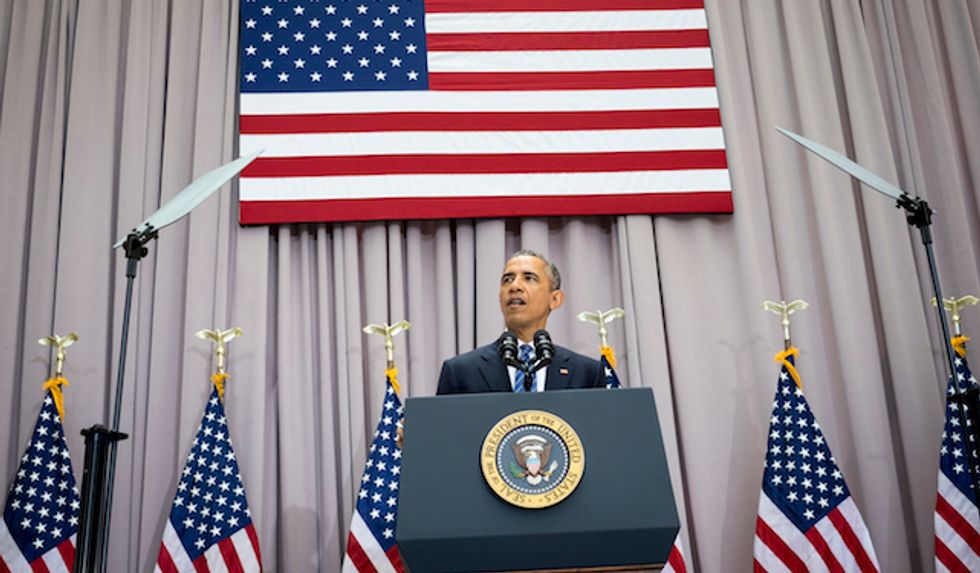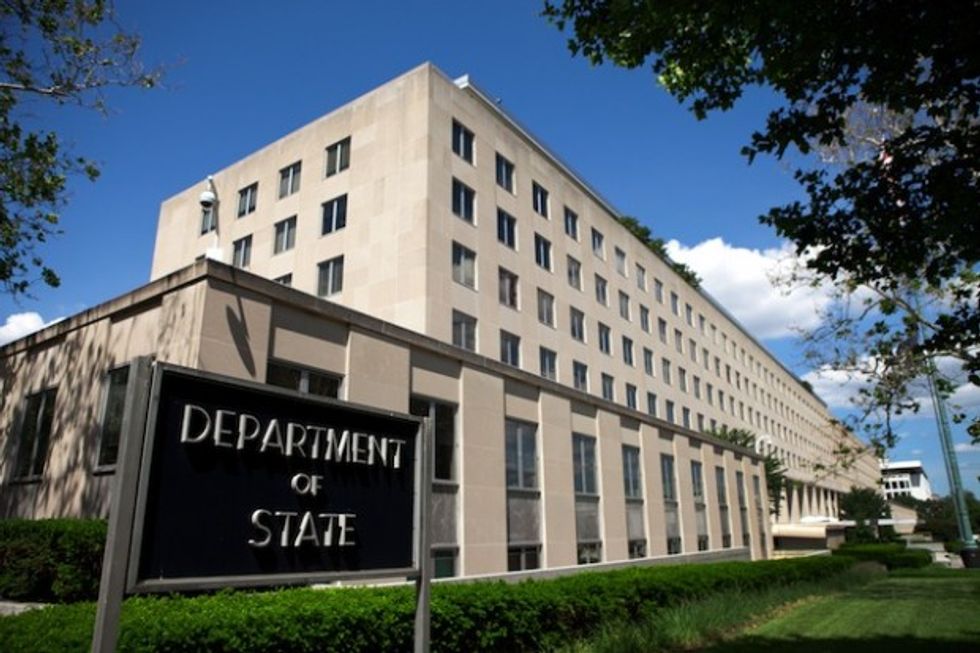UNITED NATIONS (AP) -- The U.S. government says it will begin using the term "sexual rights" in discussions of human rights and global development.
The statement at a U.N. meeting this week comes after years of lobbying from groups who have argued that the U.S. should show global leadership on the rights of people of all gender identities and sexual orientations.
The statement, posted on a State Department website, says sexual rights include people's "right to have control over and decide freely and responsibly on matters related to their sexuality, including sexual and reproductive health, free of coercion, discrimination, and violence."
 Photo credit: Mark Van Scyoc/Shutterstock
Photo credit: Mark Van Scyoc/Shutterstock
The Washington-based Center for Health and Gender Equity pointed out the statement Thursday and said it was delighted.
"On one level, it's symbolic. It also sends a signal to the global community that sexual and reproductive health and rights are a part of the global development agenda," Serra Sippel, the center's president, told The Associated Press. She said it follows "huge strides" made under the Obama administration on LGBT issues.
The announcement comes days before more than 150 world leaders gather at the U.N. to launch an ambitious set of development goals, including one of gender equality. One of the agenda's many targets is to ensure universal access to sexual and reproductive health and reproductive rights by 2030.
Speaking at a meeting of the U.N. women's agency Tuesday, Richard Erdman, a deputy U.S. ambassador to the U.N., said the United States would use the term "sexual rights" for those that are not legally binding.
"Sexual rights are not human rights, and they are not enshrined in international human rights law; our use of this term does not reflect a view that they are part of customary international law," he said. "It is, however, a critical expression of our support for the rights and dignity of all individuals regardless of their sex, sexual orientation, or gender identity."
Nevertheless, Sippel described the U.S. decision as "the United States catching up with the rest of the world."
---




